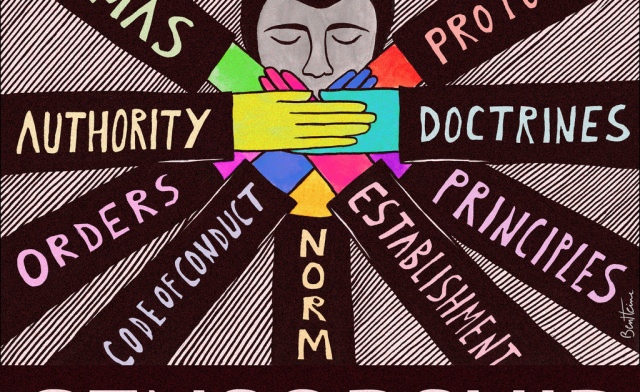This coming academic year I will be teaching a class that runs in parallel to an annual public lecture series. The coming year’s topic is “Religion and Freedom of Speech.” It will look at the first amendment, specific examples related to Islam and to Russia, and academic freedom. In relation to that last point, here are some thoughts that were recently posted on the Patheos blog Cross Examined, related to the recent experience of Mike Licona, which parallels that of many others:
Let’s grant that a university can dismiss a professor for breaching a contract, even one so odd as the one at Licona’s former home. What’s rarely discussed is the consequence of these mandatory statements: they mean that Christian scholars at evangelical institutions are unable to be objective. With their job on the line, their hands are tied. They can’t always follow the facts where they lead. The public pillorying of Licona shows the consequences of intellectual honesty.
I have said before that having a statement of faith that faculty are required to sign is incompatible with the aims of research and teaching that should characterize any university worthy of the name.
See also David Williams blogging about his Westminster experience. And as I mentioned that we’ll be starting off the series looking at the distinctive approach to religious freedom in the United States, setting that in a historical and global context, a recent post on the blog of the Rationalist Association of the UK will give American readers a sense of just how different things are even in a nation with a significant shared heritage to our own.

















